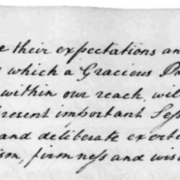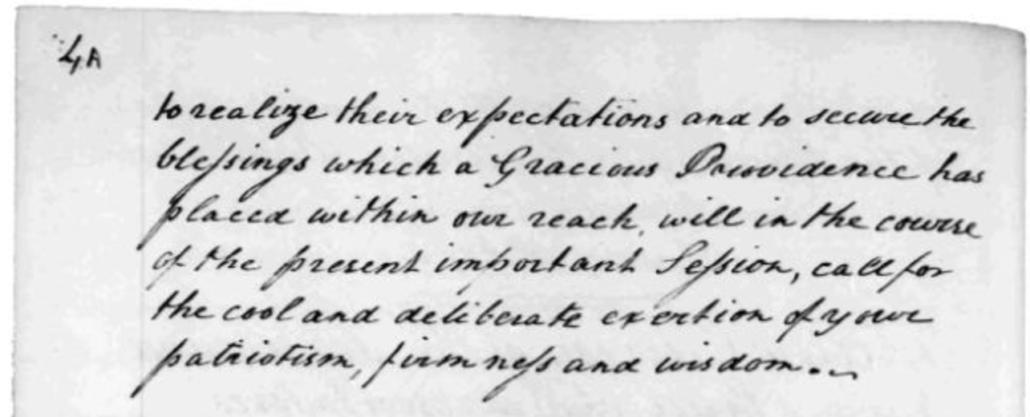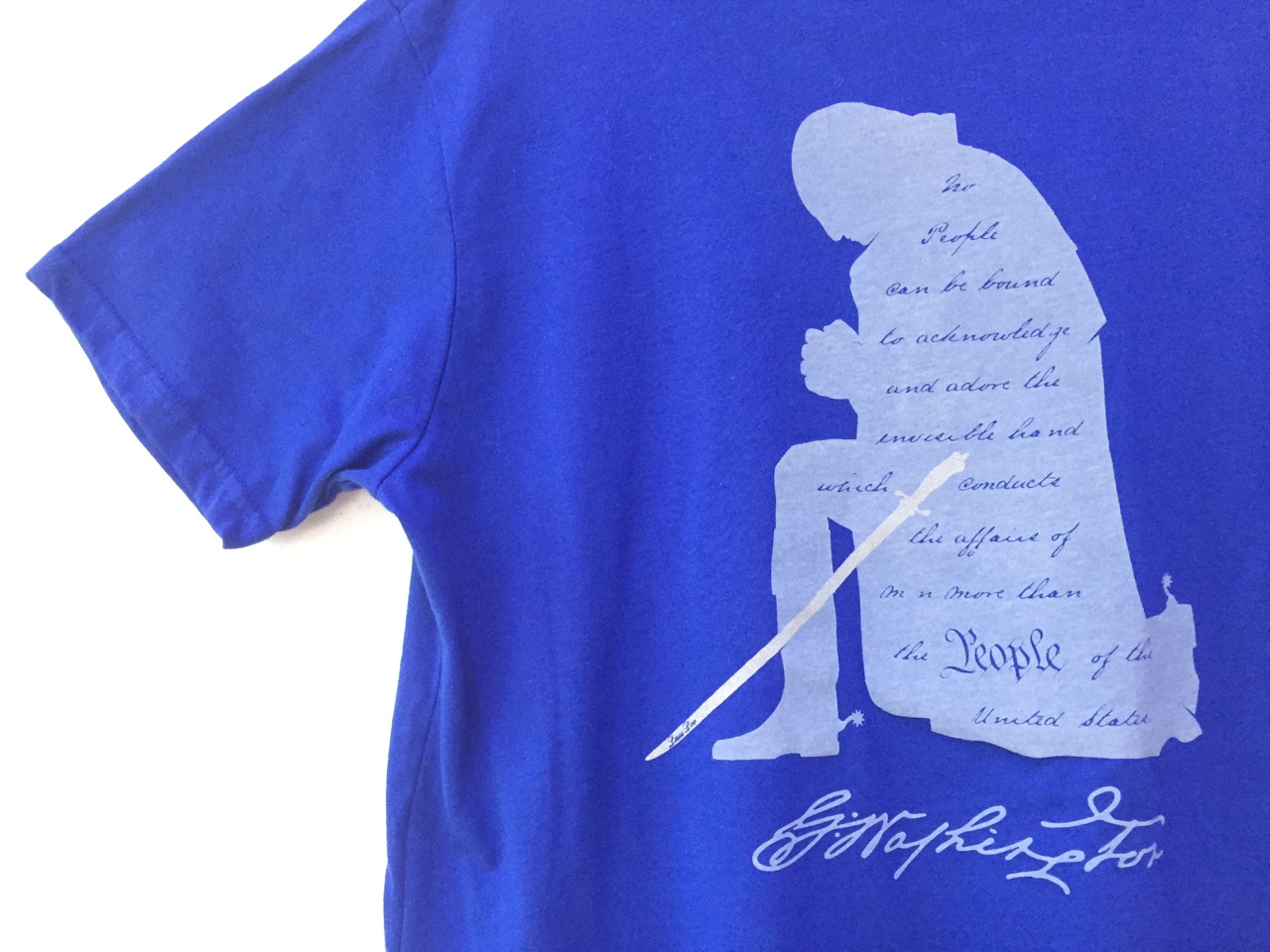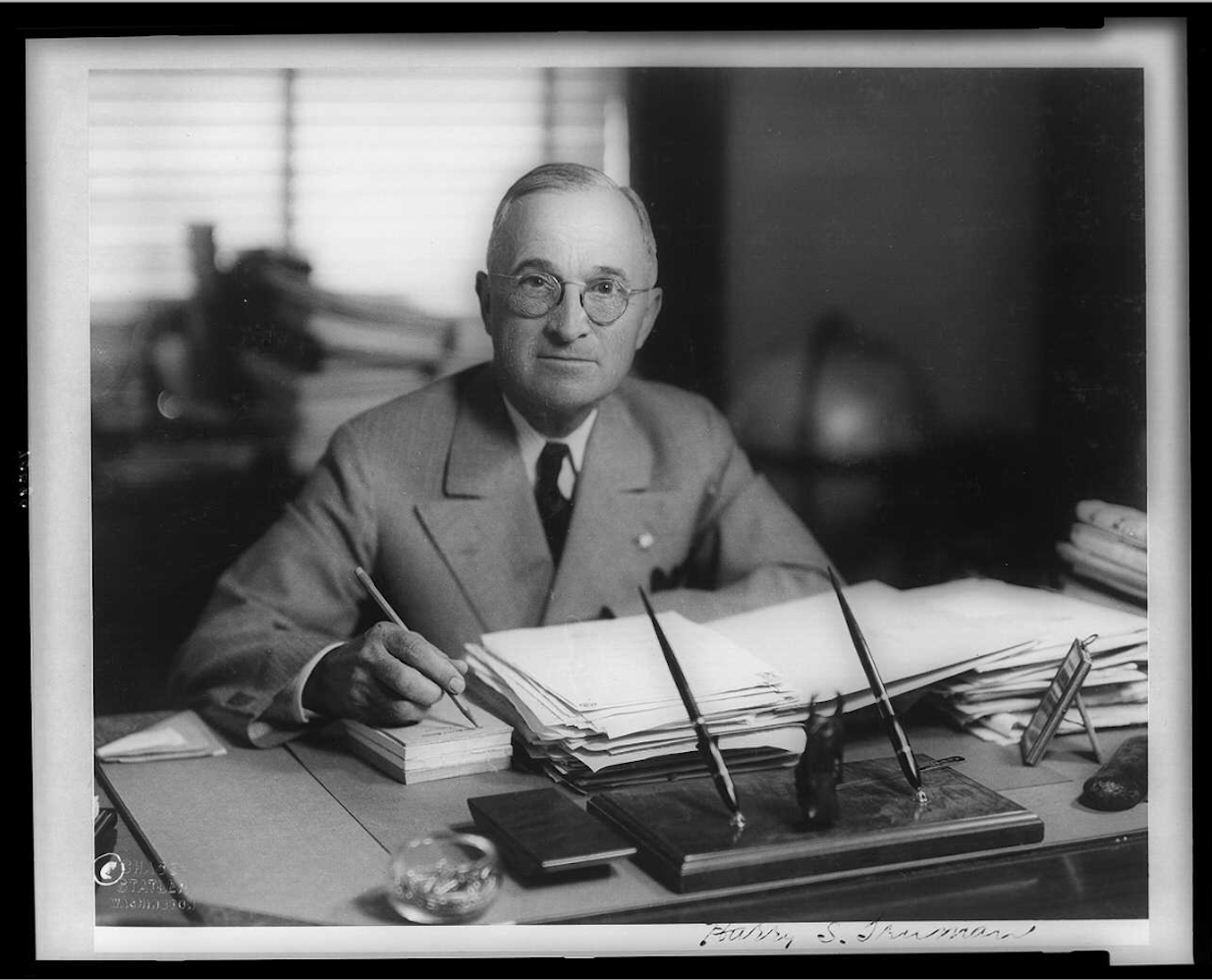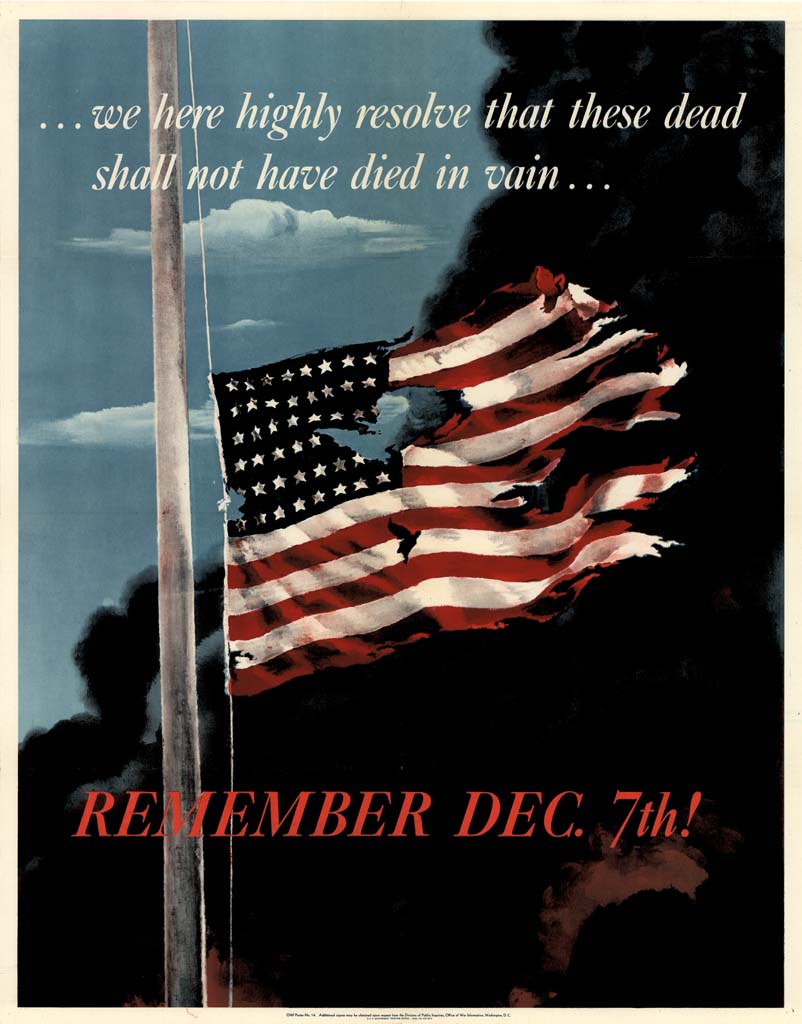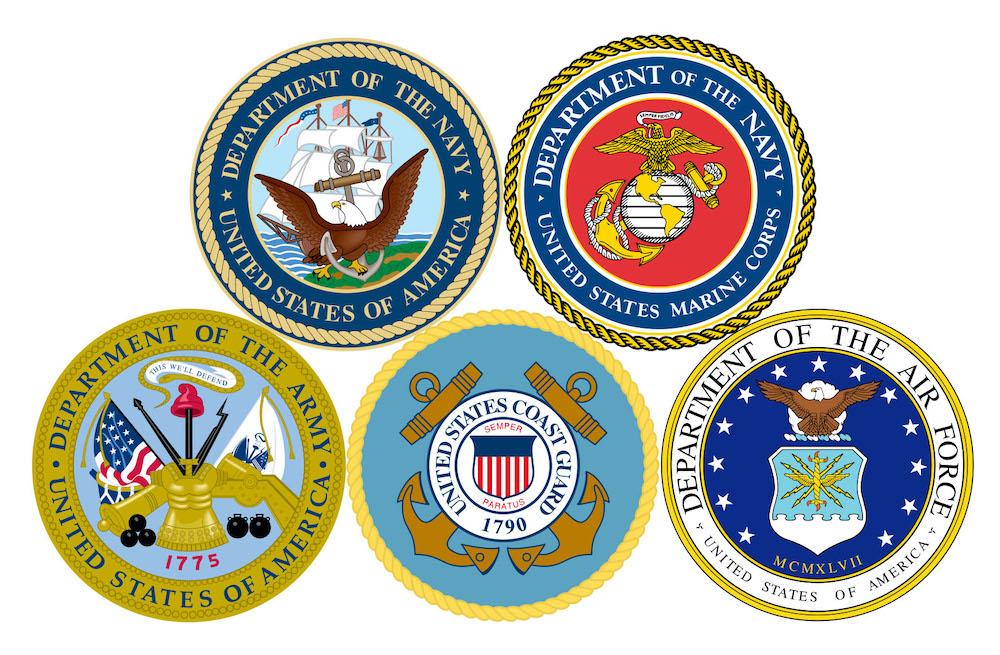On this day in 1989, President Ronald Reagan gives his Farewell Address to the Nation. In doing so, he defined his vision of “the shining city upon a hill.”
“[I]n my mind it was a tall, proud city built on rocks stronger than oceans, windswept, God-blessed, and teeming with people of all kinds living in harmony and peace; a city with free ports that hummed with commerce and creativity. And if there had to be city walls, the walls had doors and the doors were open to anyone with the will and the heart to get here.”
Reagan built on the phrase preached by Puritan pilgrim John Winthrop in perhaps the earliest example of the idea of American exceptionalism. In 1630, while still aboard a ship bound for Massachusetts Bay, Winthrop delivered his sermon “A Model of Christian Charity.”
He said, “For we must consider that we shall be as a city upon a hill. The eyes of all people are upon us. So that if we shall deal falsely with our God in this work we have undertaken, and so cause Him to withdraw His present help from us, we shall be made a story and a by-word through the world.”
Of course, the origin of the phrase is found in Matthew 5: 14-16
14 You are the light of the world. A city set on a hill cannot be hidden. 15 Nor do people light a lamp and put it under a basket, but on a stand, and it gives light to all in the house. 16 In the same way, let your light shine before others, so that they may see your good works and give glory to your Father who is in heaven.
Therefore, this is the ultimate aim of American exceptionalism.
Earlier in his address, Reagan acknowledged “The Great Communicator” nickname.
“I wasn’t a great communicator, but I communicated great things, and they didn’t spring full bloom from my brow, they came from the heart of a great nation—from our experience, our wisdom, and our belief in the principles that have guided us for two centuries. …[F]or me it always seemed more like the great rediscovery… of our values and our common sense.”
Patriotism, Pilgrims, and Freedom
Then, he asked “are we doing a good enough job teaching our children what America is and what she represents in the long history of the world?”
He continued by outlining the fracture that continues to plague our nation:
“We were taught, very directly, what it means to be an American. And we absorbed, almost in the air, a love of country and an appreciation of its institutions. If you didn’t get these things from your family you got them from the neighborhood… .Or you could get a sense of patriotism from school. And if all else failed you could get a sense of patriotism from the popular culture.”
Then, he charged us all with doing “a better job of getting across that America is freedom-freedom of speech, freedom of religion, freedom of enterprise. And freedom is special and rare. It’s fragile; it needs protection.
Bringing this post full circle, he added that “we’ve got to teach history based not on what’s in fashion but what’s important – why the Pilgrims came here...”
Before concluding by saying “goodbye, God bless you, and God bless the United States of America” Reagan offered “lesson number one about America: All great change in America begins at the dinner table. So, tomorrow night in the kitchen I hope the talking begins. And children, if your parents haven’t been teaching you what it means to be an American, let ’em know and nail ’em on it. That would be a very American thing to do.”
Great Rediscovery
Of course, the purpose of Our Lost Founding is to help us rediscover “the principles that have guided us for two centuries.”
But why is that important? Ronald Reagan answered that question in his farewell address:
“[A]s long as we remember our first principles and believe in ourselves, the future will always be ours….”












